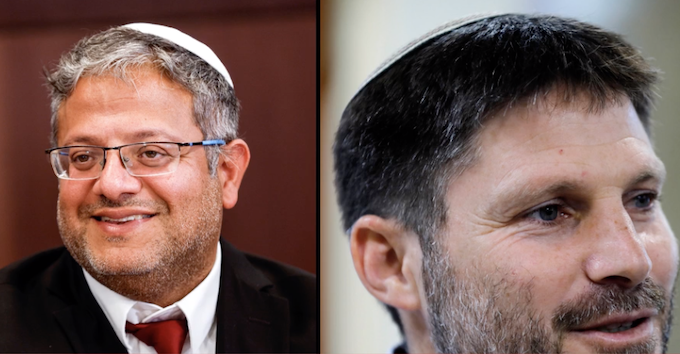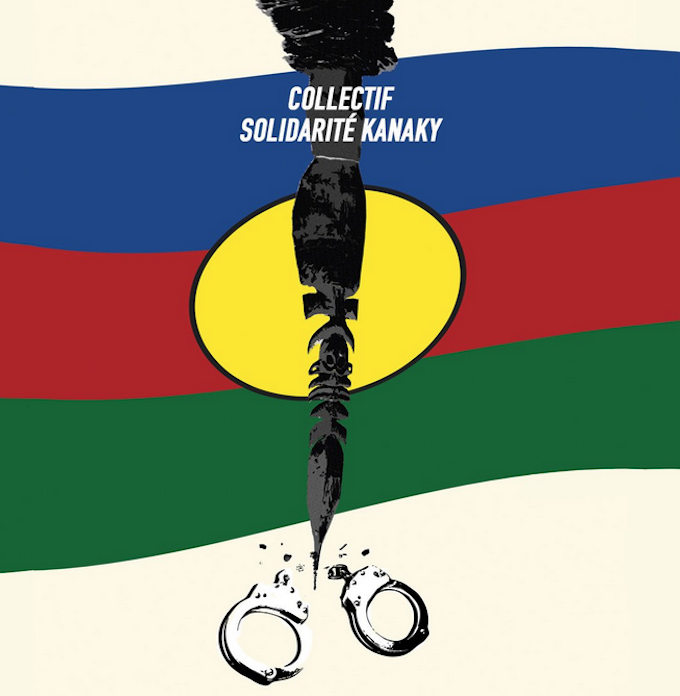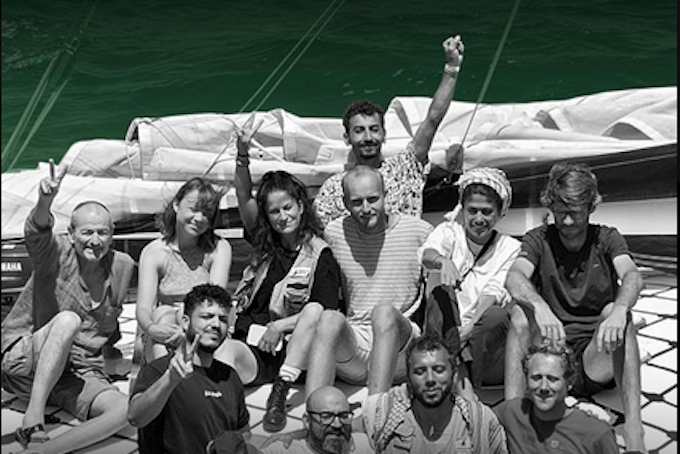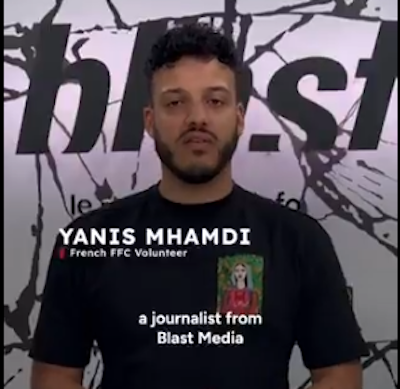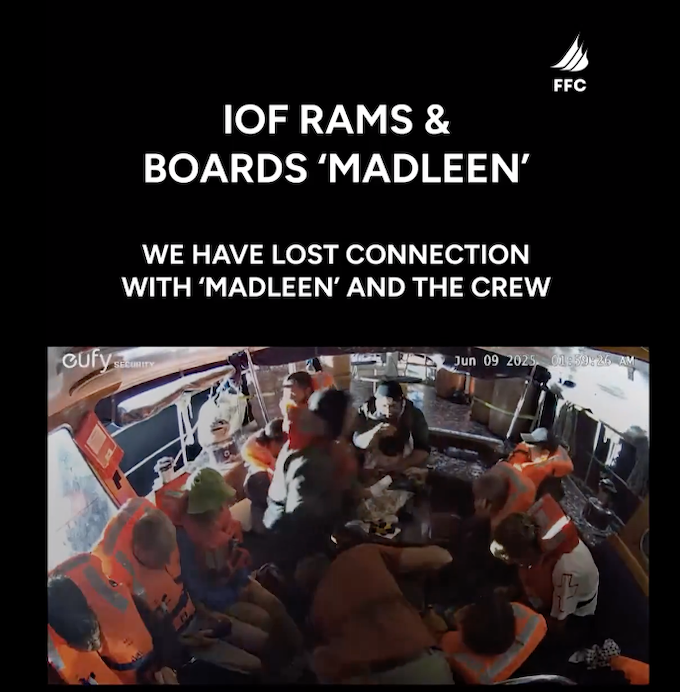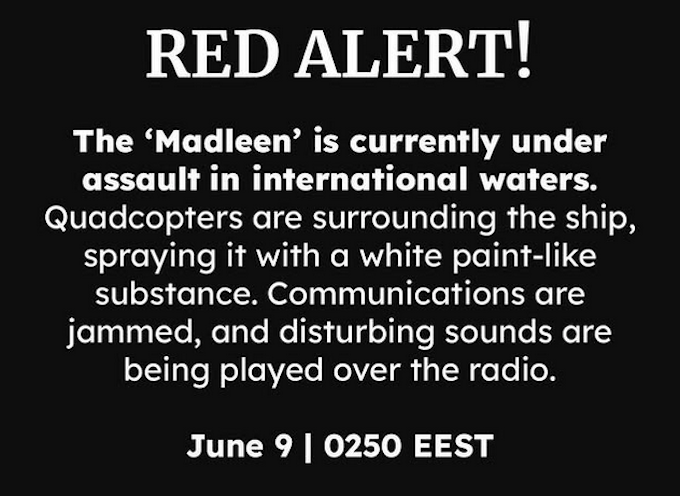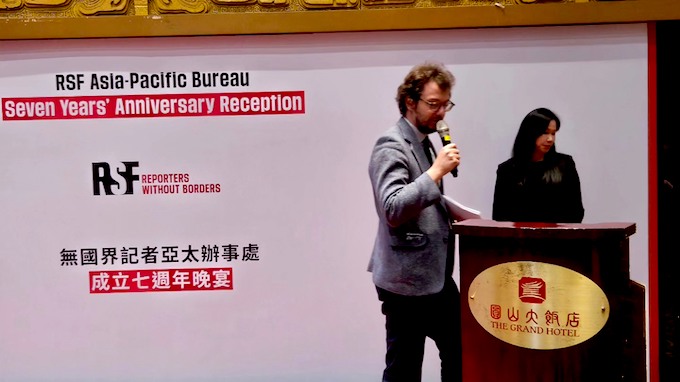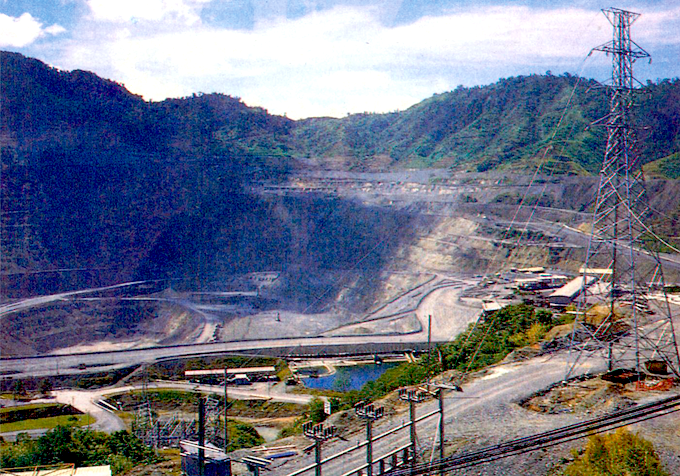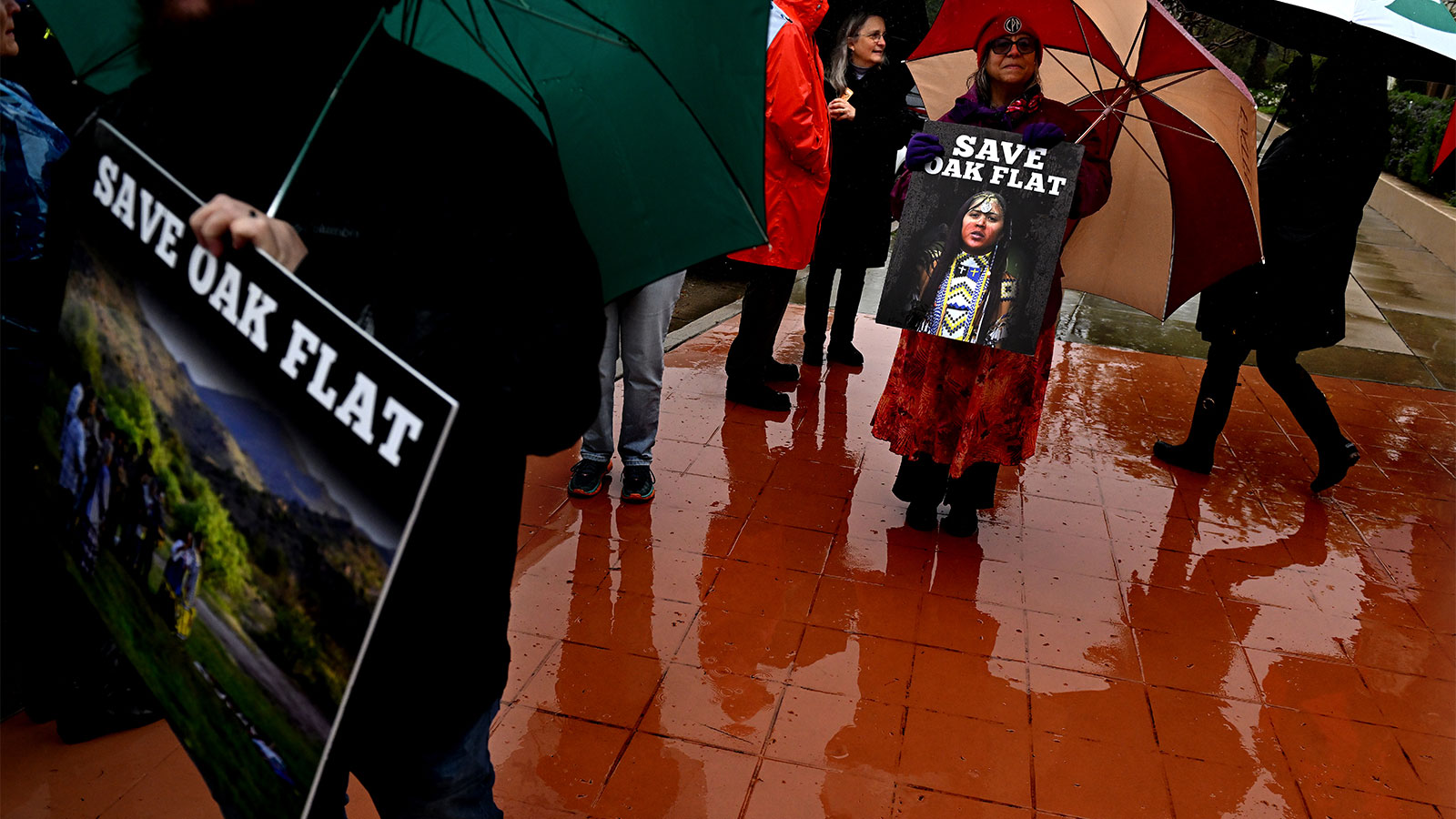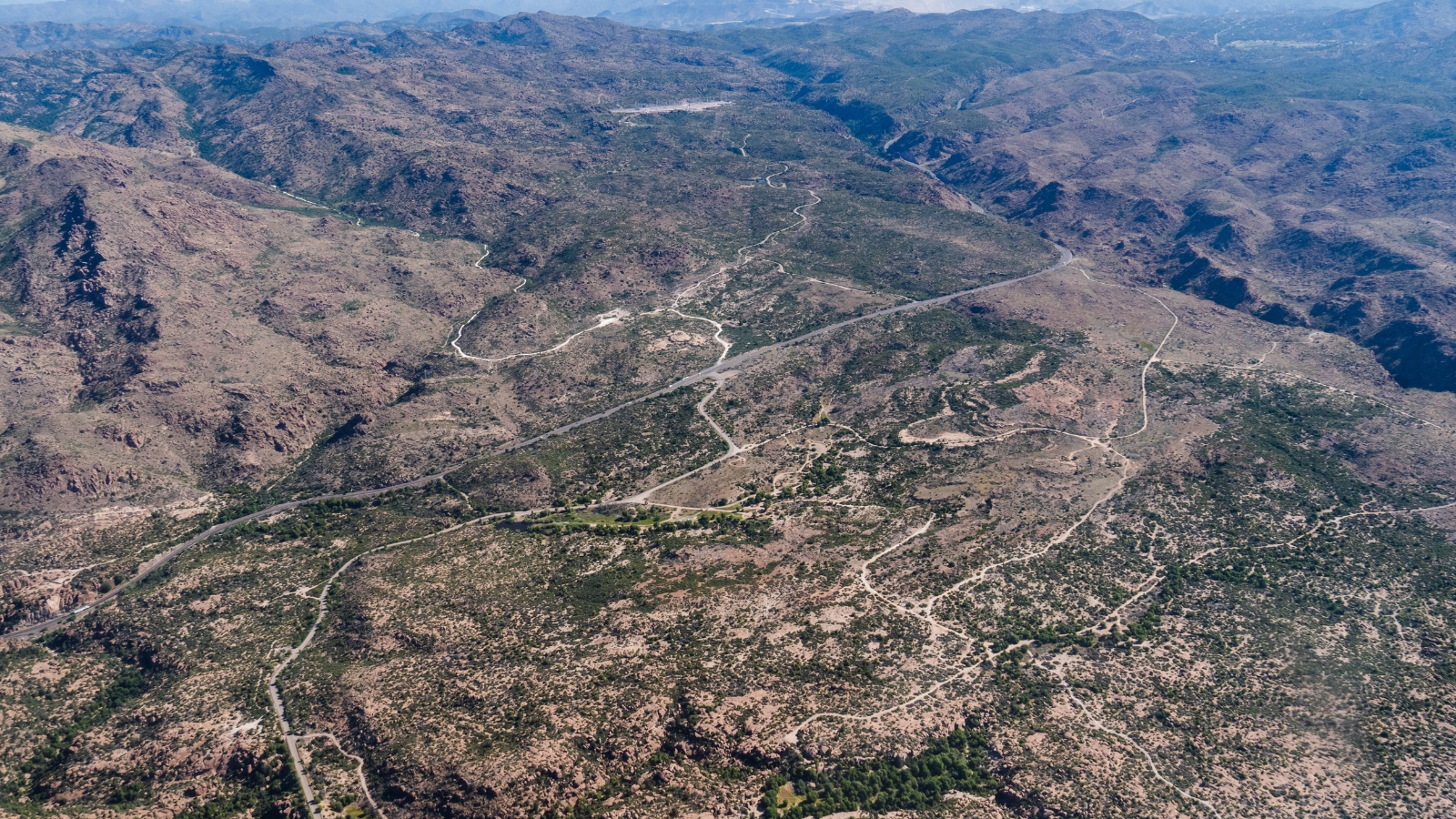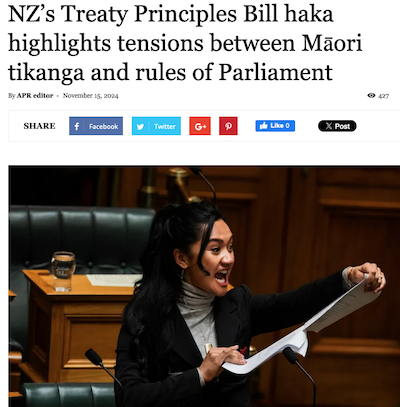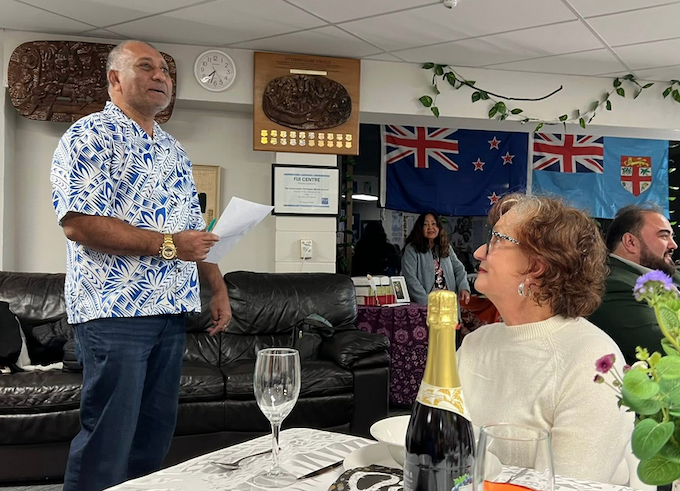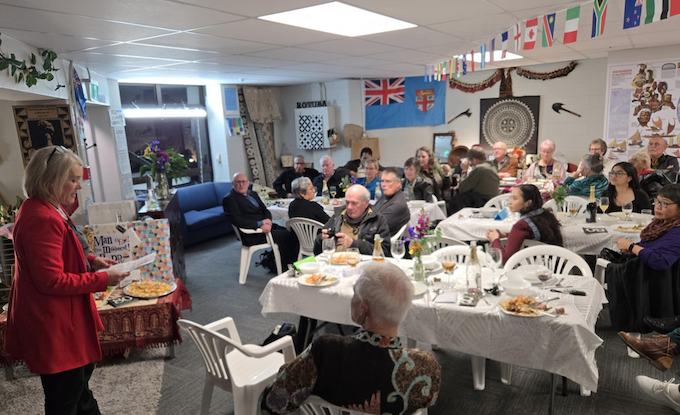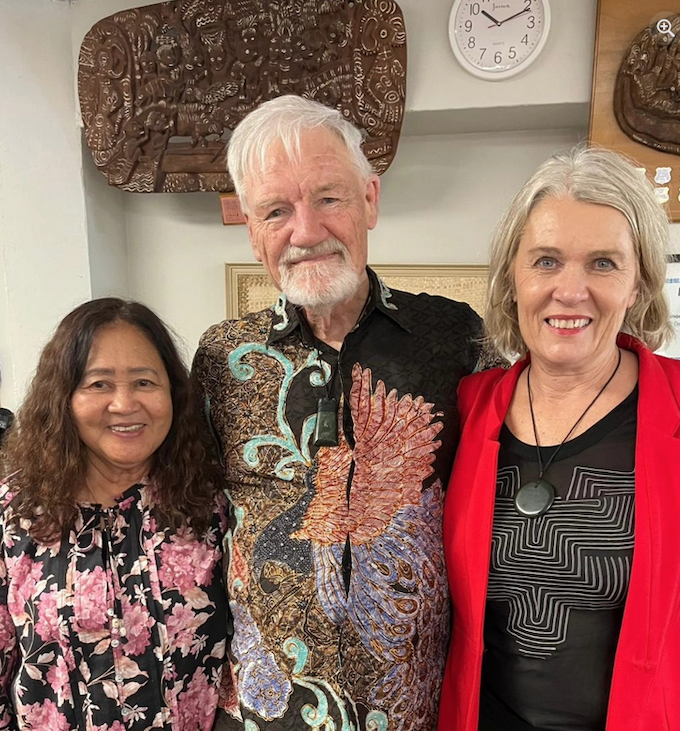By Russell Palmer, RNZ News political reporter
Opposition parties say Aotearoa New Zealand’s government should be going much further, much faster in sanctioning Israel.
Foreign Minister Winston Peters overnight revealed New Zealand had joined Australia, Canada, the UK and Norway in imposing travel bans on Israel’s Finance Minister Bezalel Smotrich and National Security Minister Itamar Ben-Gvir.
Some of the partner countries went further, adding asset freezes and business restrictions on the far-right ministers.
- READ MORE: Israeli forces kill dozens of Palestinian aid seekers in central Gaza
- US criticises allies as NZ bans two top far-right Israeli ministers
- Other Israeli war on Gaza reports
Peters said the pair had used their leadership positions to actively undermine peace and security and remove prospects for a two-state solution.
Israel and the United States criticised the sanctions, with the US saying it undermined progress towards a ceasefire.
Prime Minister Christopher Luxon, attending Fieldays in Waikato, told reporters New Zealand still enjoyed a good relationship with the US administration, but would not be backing down.
“We have a view that this is the right course of action for us,” he said.
Behind the scenes job
“We have differences in approach but the Americans are doing an excellent job of behind the scenes trying to get Israel and the Palestinians to the table to talk about a ceasefire.”
Asked if there could be further sanctions, Luxon said the government was “monitoring the situation all the time”.
Peters has been busy travelling in Europe and was unavailable to be interviewed. ACT — probably the most vocally pro-Israel party in Parliament — refused to comment on the situation.
The opposition parties also backed the move, but argued the government should have gone much further.
Greens co-leader Chlöe Swarbrick has since December been urging the coalition to back her bill imposing economic sanctions on Israel. With support from Labour and Te Pāti Māori it would need just six MPs to cross the floor to pass.
Calling the Israeli actions in Gaza “genocide”, she told RNZ the government’s sanctions fell far short of those imposed on Russia.
“This is symbolic, and it’s unfortunate that it’s taken so long to get to this point, nearly two years . . . the Minister of Foreign Affairs also invoked the similarities with Russia in his statement this morning, yet we have seen far less harsh sanctions applied to Israel.
“We’re well past the time for first steps.”
‘Cowardice’ by government
The pushback from the US was “probably precisely part of the reason that our government has been so scared of doing the right thing”, she said, calling it “cowardice” on the government’s part.
“What else are you supposed to call it at the end of the day?,” she said, saying at a bare minimum the Israeli ambassador should be expelled, Palestinian statehood should be recognised, and a special category of visas for Palestinians should be introduced.
She rejected categorisation of her stance as anti-semitic, saying that made no sense.
“If we are critiquing a government of a certain country, that is not the same thing as critiquing the people of that country. I think it’s actually far more anti-semitic to conflate the actions of the Israeli government with the entire Jewish peoples.”

Te Pāti Māori co-leader Debbie Ngarewa-Packer said the sanctions were political hypocrisy.
“When it comes to war, human rights and the extent of violence and genocide that we’re seeing, Palestine is its own independent nation . . . why is this government sanctioning only two ministers? They should be sanctioning the whole of Israel,” she said.
“These two Israel far right ministers don’t act alone. They belong to an entire Israel government which has used its military might and everything it can possibly do to bombard, to murder and to commit genocide and occupy Gaza and the West Bank.”
Suspend diplomatic ties
She also wanted all diplomatic ties with Israel suspended, along with sanctions against Israeli companies, military officials and additional support for the international courts — also saying the government should have done more.
“This government has been doing everything to do nothing . . . to appease allies that have dangerously overstepped unjustifiable marks, and they should not be silent.
“It’s not a war, it’s an annihilation, it’s an absolute annihilation of human beings . . . we’re way out there supporting those allies that are helping to weaponise Israel and the flattening and the continual cruel occupation of a nation, and it’s just nothing that I thought in my living days I’d be witnessing.”
She said the government should be pushing back against “a very polarised, very Trump attitude” to the conflict.
“Trumpism has arrived in Aotearoa . . . and we continue to go down that line, that is a really frightening part for this beautiful nation of ours.
“As a nation, we have a different set of values. We’re a Pacific-based country with a long history of going against the grain – the mainstream, easy grind. We’ve been a peaceful, loving nation that stood up against the big boys when it came to our anti nuclear stance and that’s our role in this, our role is not to follow blindly.”
Undermining two-state solution
In a statement, Labour’s foreign affairs spokesperson Peeni Henare said the actions of Smotrich and Ben-Gvir had attempted to undermine the two-state solution and international law, and described the situation in Gaza as horrific.
“The travel bans echo the sanctions placed on Russian individuals and organisations that supported the illegal invasion of Ukraine,” he said.
He called for further action.
“Labour has been calling for stronger action from the government on Israel’s invasion of Gaza, including intervening in South Africa’s case against Israel in the International Court of Justice, creation of a special visa for family members of New Zealanders fleeing Gaza, and ending government procurement from companies operating illegally in the Occupied Territories.”
This article is republished under a community partnership agreement with RNZ.
